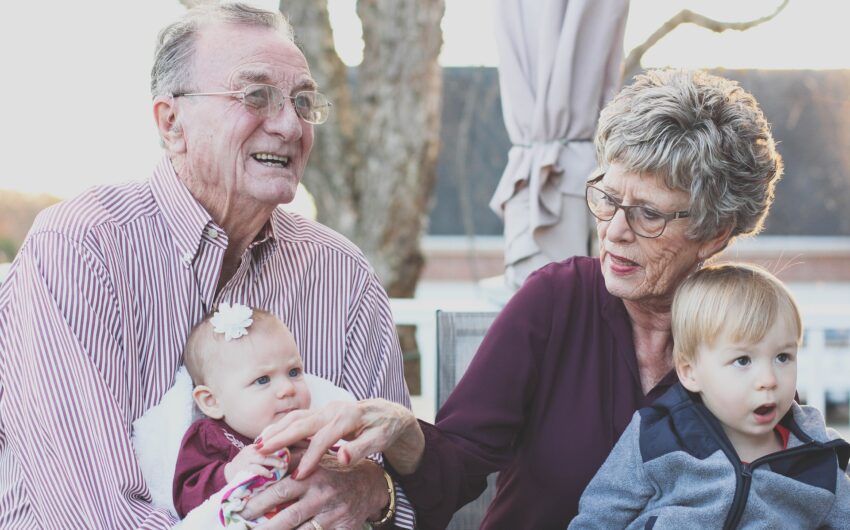
Some of the most common issues facing dementia patients have to do with communication. A person suffering from dementia or Alzheimer’s may lose their train of thought easily mid-sentence, which leads them to become frustrated and confused, especially when trying to find the right words to express themselves. Therefore, it’s important for caregivers and loved ones to be as patient as possible and to work on their listening skills.
Here are a few communication strategies for those who care for the elderly in Malta.
Ensure you have their full attention
Set a positive mood by having your body language be open and relaxed. Try to get on the same level so you can maintain eye contact instead of standing over them. Speak to them in a manner that is pleasant and respectful and avoid using baby talk. Use slow and careful speech and avoid arguments even if they say something you don’t agree with.
Make certain that the surroundings are quiet and well-lit
Turn off the radio or TV and limit any noise which may impede conversation. To avoid any background distractions, shut the door or close the curtains.
Keep it simple
Daily activities which we take for granted may be difficult for dementia patient to perform. When giving instructions, try to give one direction at a time in order not to confuse them. If you need to ask them something, elicit answers using open-ended questions or give them choices (e.g. Would you like to drink tea or coffee?). Visual prompts and cues are also helpful.
Relive old memories
Try not to ask questions that rely on short term memory (e.g.What did you have for breakfast? Did you have a nice time yesterday?) For the elderly with dementia, talking about their past is soothing and reassuring. Ask questions about what they used to do before retirement or about their family.
A sense of humour is greatly helpful
People with dementia still hold on to social skills and love to laugh, so include jokes and light-hearted topics to make them smile and relieve stress. Laughter is also a beneficial tool when dealing with memory loss and is therapeutic for both the patient and caregiver.
Use physical contact
Holding hands, brushing their hair or stroking their face are all actions which can provide reassurance and send a loving message. Handholding in particular creates a sense of security for those with fragile mental states.
Encourage socialisation
Include them in group conversations and adapt what they are trying to say in order to clarify communication. Talking to others reduces feelings of isolation and helps dementia patients preserve a sense of identity.
If you know someone who is suffering from dementia or Alzheimer’s Disease, contact us at CareMalta for more information on how we can help.
Be sure to follow us on Facebook, Twitter and Youtube, for all the latest updates.
